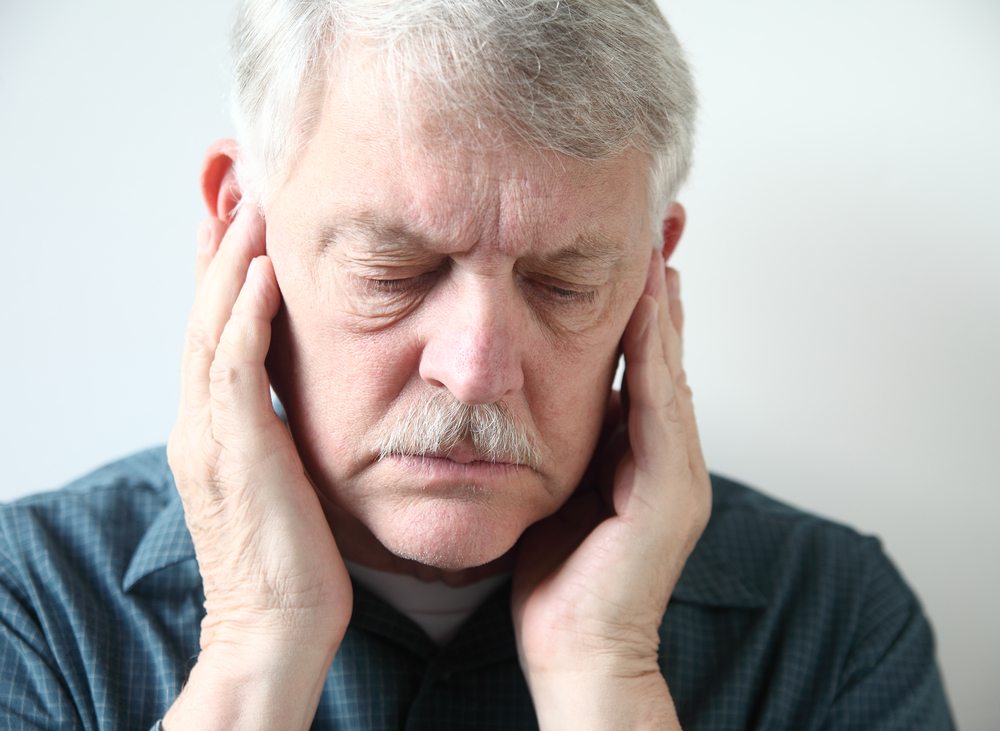TMJ Treatment

TMJ refers to the temporomandibular joint, which is the bone structure, muscles and connective tissues that surround the jaw and control chewing. When patients experience disorders of this joint, they are said to have a temporomandibular joint disorder or TMD. Symptoms of TMD include pain and tenderness near the jaw, as well as popping or clicking in the joint when speaking or chewing, difficulty in opening mouth, headaches etc. There are many ways of treating TMJ disorders, ranging from non-invasive therapy and bite splints to injections or surgery. Left untreated, however, TMJ disorders can lead to headaches, muscle pain, malocclusion and tooth damage from grinding or clenching.
Most common initial treatment may begin with a custom fitted Night guard.
Sometimes children or adults may have bruxism, or teeth grinding, during sleep. This is commonly seen during growth periods or times of stress, and is often minor and may cause little or no issue. In some cases, however, excessive grinding during sleep can lead to chipping, fracturing or wearing of the teeth or even discomfort or pain in the jaw.
When this occurs, your dentist may advise the use of a custom nightguard to protect your teeth from further damage. A nightguard is a custom-made oral appliance worn over the teeth while sleeping. This prevents the teeth from grinding against one another overnight, which not only protects the teeth from immediate damage, but can also help to relax the jaw muscles and protect your teeth from this kind of damage in the future.
Did you know…
that TMD alone is not a disorder, but instead a collection of disorders that affect the temporomandibular joint? It is the second most common pain-causing musculoskeletal condition in the U.S. according to the U.S. National Institute of Dental and Craniofacial Research, as many as 12 percent of Americans may suffer from some type of TMD, with women twice as likely to be affected than men. But despite the prevalence and wide availability of treatment, only one out every three people with TMD fails to seek treatment.
Frequently Asked Questions
How do I know if TMJ treatment is right for me?
You will first need to be formally examined and diagnosed with TMJ disorder. You dentist will evaluate the extent of the condition and determine what course of treatment is best for you. Usually, the initial approach involves conservative treatments, such as self-care, physical therapy and bite guards. Medications may also be used to relax the jaw or relieve pain. Patients who do not respond to conservative treatments may be referred to a TMJ specialist or Oral Surgeons and considered for surgery or joint injections.
What should I expect if I undergo treatment for TMJ
TMJ treatment varies from patient to patient, so your experience may be very different than someone else’s. You might be asked to adopt certain lifestyle changes in addition to treatment to help facilitate rehabilitation in your jaw. For example, you may be asked to avoid sudden jaw movements, such as yelling or wide yawning, take steps to reduce your stress levels etc.
Will I need to follow any special post-care instructions while being treated for TMJ?
Your post-treatment care instructions will vary according to the type of treatment you receive.